July 8, 2021:
Big Ten Cancer Research Consortium investigators are determined to give adolescents and young adults (AYA) a fair shot in overcoming cancer by addressing the systemic challenges that are often roadblocks to the best care, including access to cancer clinical trials.
AYAs range in age between 15 to 39. According to the National Cancer Institute, an estimated 88,260 new cases of cancer will be diagnosed among AYAs and about 85% of AYAs diagnosed with cancer will survive their cancer beyond five years after their diagnosis, some left with chronic side effects and fertility issues.
Incidence of cancer occurs significantly more often in AYAs than younger children. Between 2011-2015, according to data reported by the NCI Surveillance, Epidemiology, and End Results (SEER) program, there were:
- 16 cancer diagnoses per 100,000 children ages 0 to 14 years
- 72 cancer diagnoses per 100,000 adolescents and young adults ages 15 to 39 years
- 953 cancer diagnoses per 100,000 adults ages 40 and older
Some of the most common cancers among AYAs are breast cancer, testicular cancer, melanoma, and thyroid cancer.
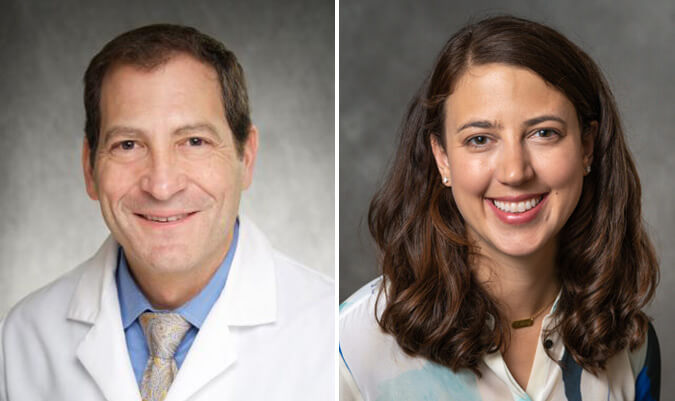 David Dickens, MD, FAAP, a hematologist-oncologist at the University of Iowa Stead Family Children’s Hospital, is working alongside Amanda Parkes, MD, a medical oncologist specializing in sarcoma and breast cancer at the University of Wisconsin Carbone Cancer Center, to address barriers often faced by this age group as co-chairs of Big Ten CRC’s newly formed Adolescent and Young Adult Clinical Trial Working Group.
David Dickens, MD, FAAP, a hematologist-oncologist at the University of Iowa Stead Family Children’s Hospital, is working alongside Amanda Parkes, MD, a medical oncologist specializing in sarcoma and breast cancer at the University of Wisconsin Carbone Cancer Center, to address barriers often faced by this age group as co-chairs of Big Ten CRC’s newly formed Adolescent and Young Adult Clinical Trial Working Group.
“When patients enter a lot of these big health systems, if you’re older than 18, you’d automatically go to the adult side,” said Dr. Dickens, the UI Dance Marathon Chair in Pediatric Oncology at the Carver College of Medicine. “The question is, when you present in this age group, how do you get them the best treatment possible?” Read More
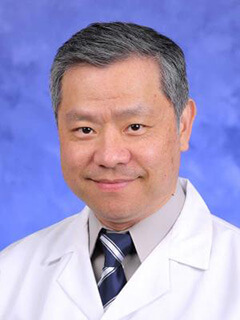
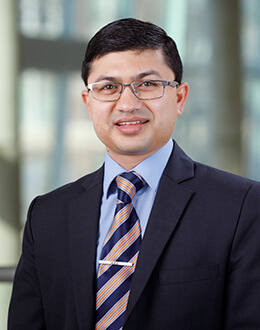
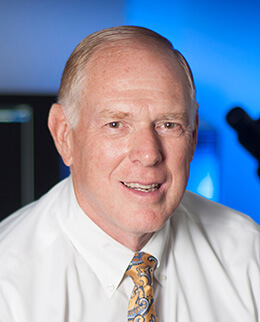
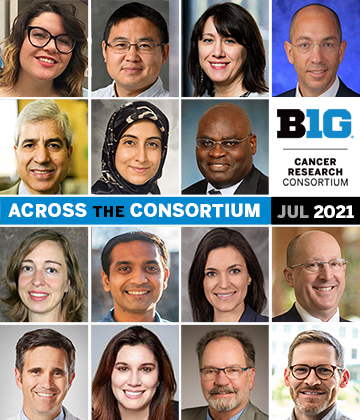 In this month’s Across the Consortium, get to know some the cancer investigators in the Big Ten, what doctoral candidates and graduate students are researching, what publications and accolades have been shared with Big Ten researchers, and more.
In this month’s Across the Consortium, get to know some the cancer investigators in the Big Ten, what doctoral candidates and graduate students are researching, what publications and accolades have been shared with Big Ten researchers, and more.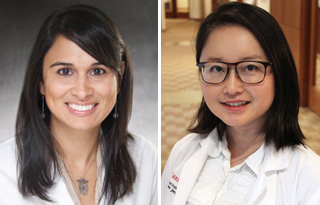
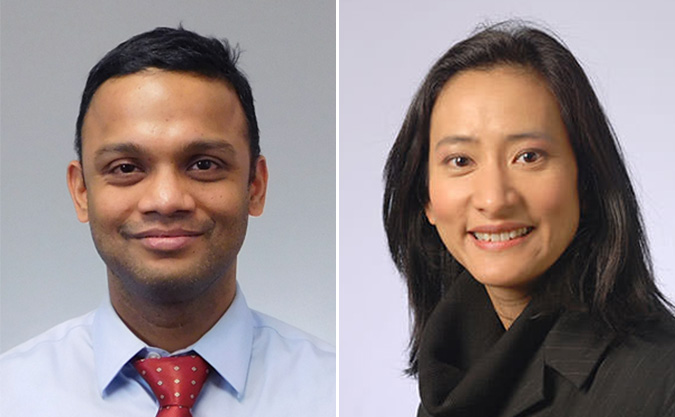 Murali Janakiram, MD, MS, a medical oncologist at the
Murali Janakiram, MD, MS, a medical oncologist at the  David Dickens, MD, FAAP, a hematologist-oncologist at the
David Dickens, MD, FAAP, a hematologist-oncologist at the 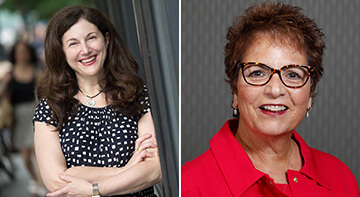 Within the Big Ten Cancer Research Consortium, disease-specific Clinical Trial Working Groups are largely focused on developing novel therapeutics to treat and ultimately cure disease. The Big Ten CRC’s
Within the Big Ten Cancer Research Consortium, disease-specific Clinical Trial Working Groups are largely focused on developing novel therapeutics to treat and ultimately cure disease. The Big Ten CRC’s 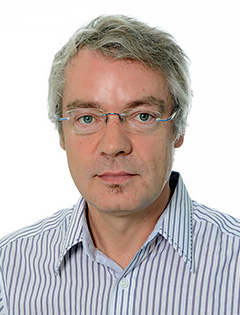
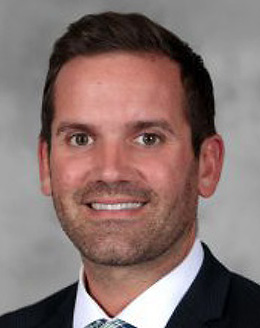 During the month of July, the Big Ten Cancer Research Consortium highlights the
During the month of July, the Big Ten Cancer Research Consortium highlights the 













Subscribe to the Big Ten CRC Newsletter X
X Facebook
Facebook YouTube
YouTube